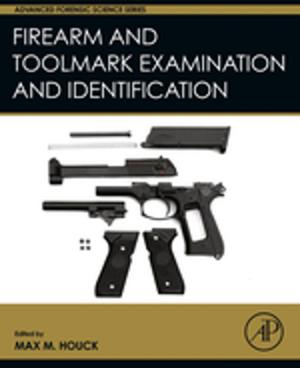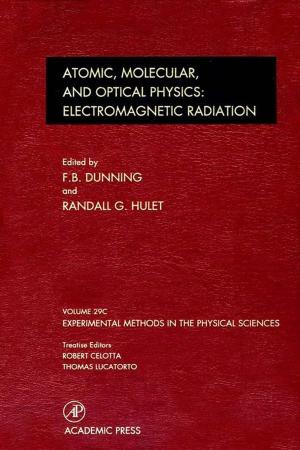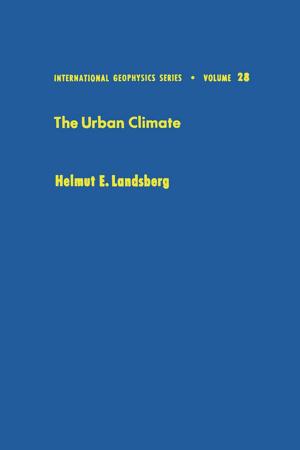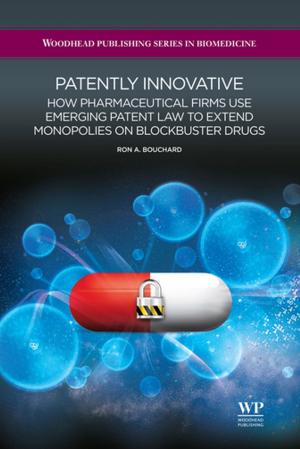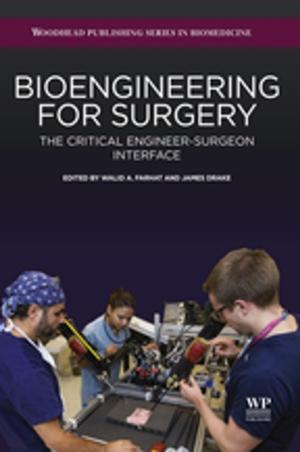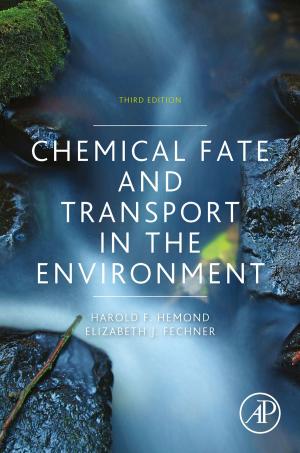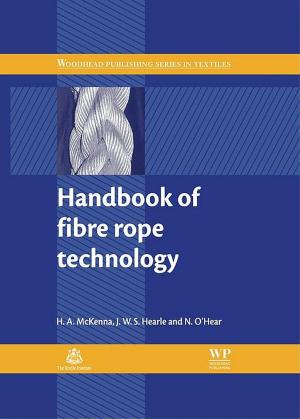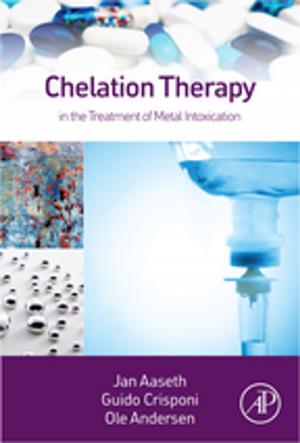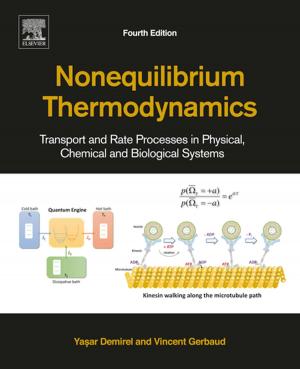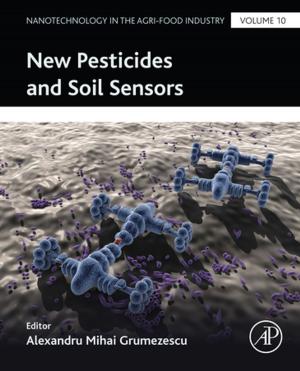Flow Analysis with Spectrophotometric and Luminometric Detection
Nonfiction, Science & Nature, Science, Chemistry, Analytic| Author: | Elias Ayres Guidetti Zagatto, Claudio C. Oliveira, Alan Townshend, Paul Worsfold | ISBN: | 9780123859259 |
| Publisher: | Elsevier Science | Publication: | December 15, 2011 |
| Imprint: | Elsevier | Language: | English |
| Author: | Elias Ayres Guidetti Zagatto, Claudio C. Oliveira, Alan Townshend, Paul Worsfold |
| ISBN: | 9780123859259 |
| Publisher: | Elsevier Science |
| Publication: | December 15, 2011 |
| Imprint: | Elsevier |
| Language: | English |
With the ever increasing number of samples to be assayed in agronomical laboratories and servicing stations, fertilizer and food industries, sugar factories, water treatment plants, biomedical laboratories, drug quality control, and environmental research, the interest for automated chemical analysis has been increasing. In this context, flow analysis is very attractive, as they the flow-based procedures are characterized by enhanced analytical figures of merit. Moreover, the flow analysers do not usually require sophisticated and expensive instrumentation, are amenable to full automation and to miniaturization, and are well suited for in situ analyses. The tendency to carry out traditional methods of analysis in the flow analyser has becoming more pronounced, especially in relation to large-scale routine analyses. The technology of solution handling has become more and more improved, leading to enhanced strategies for chemical assays. Consequently, different modalities of flow analysis (e.g. SFA, FIA, SIA) have been conceived, developed and applied to solve real problems. Most of the flow-based analytical procedures presently in use, however, do not exploit the full potential of flow analysis. The main object of the book is then to provide a scientific basis and to familiarise a wide community of researchers, students, technicians, etc with the uses of flow analysis. Emphasis is given to spectrophotometric and luminometric detection, in relation to agronomical, geological, industrial, pharmaceutical and environmental applications. The book includes historical and theoretical aspects, recent achievements in instrumentation, guidelines for methodology implementation, and applications. It serves also as an applications-oriented text book.
- Detailed historical and theoretical background
- Various modes of operation
- Spectrophotometric and luminometric detection
- Strategies for solution handling
- Large number of applications
With the ever increasing number of samples to be assayed in agronomical laboratories and servicing stations, fertilizer and food industries, sugar factories, water treatment plants, biomedical laboratories, drug quality control, and environmental research, the interest for automated chemical analysis has been increasing. In this context, flow analysis is very attractive, as they the flow-based procedures are characterized by enhanced analytical figures of merit. Moreover, the flow analysers do not usually require sophisticated and expensive instrumentation, are amenable to full automation and to miniaturization, and are well suited for in situ analyses. The tendency to carry out traditional methods of analysis in the flow analyser has becoming more pronounced, especially in relation to large-scale routine analyses. The technology of solution handling has become more and more improved, leading to enhanced strategies for chemical assays. Consequently, different modalities of flow analysis (e.g. SFA, FIA, SIA) have been conceived, developed and applied to solve real problems. Most of the flow-based analytical procedures presently in use, however, do not exploit the full potential of flow analysis. The main object of the book is then to provide a scientific basis and to familiarise a wide community of researchers, students, technicians, etc with the uses of flow analysis. Emphasis is given to spectrophotometric and luminometric detection, in relation to agronomical, geological, industrial, pharmaceutical and environmental applications. The book includes historical and theoretical aspects, recent achievements in instrumentation, guidelines for methodology implementation, and applications. It serves also as an applications-oriented text book.
- Detailed historical and theoretical background
- Various modes of operation
- Spectrophotometric and luminometric detection
- Strategies for solution handling
- Large number of applications

